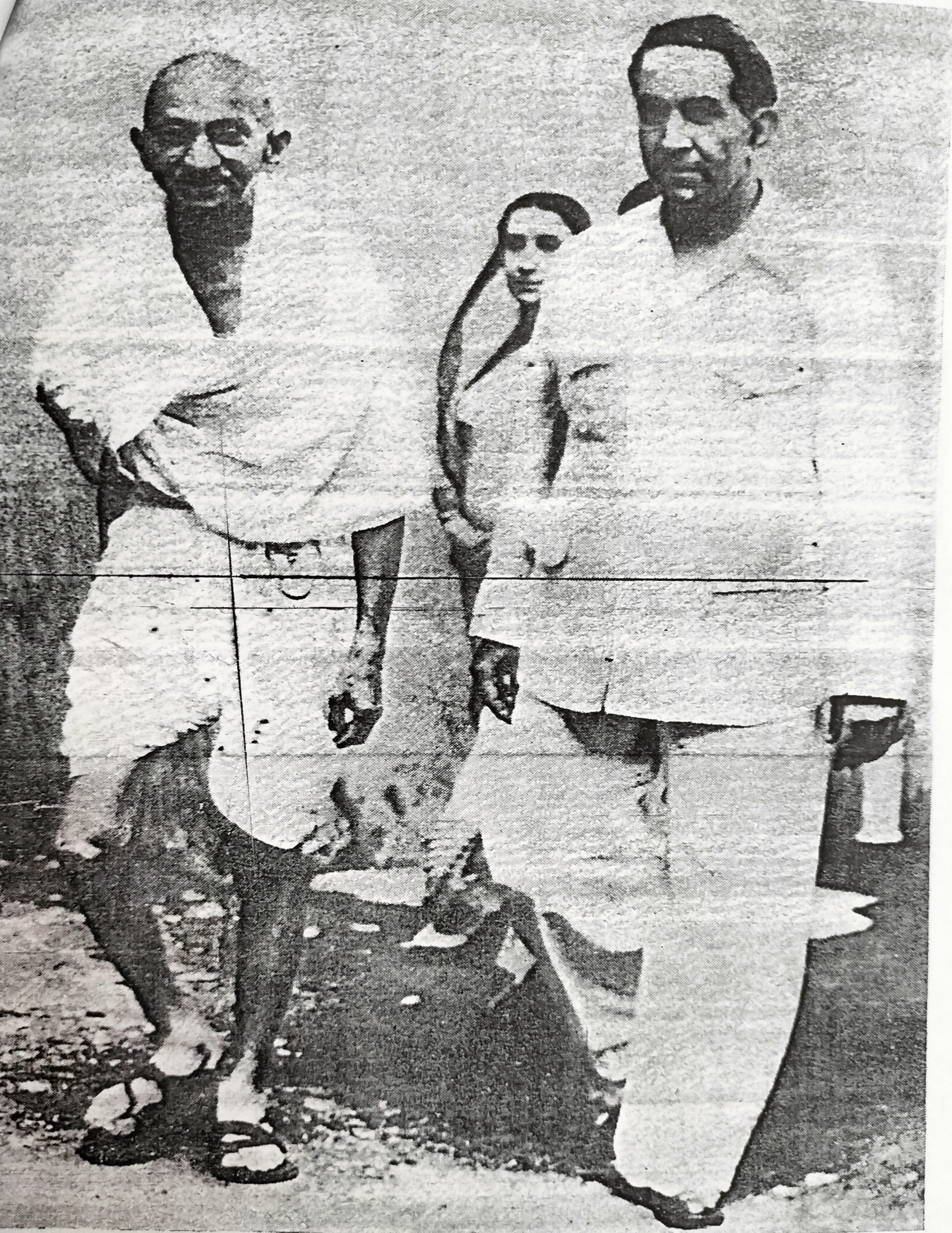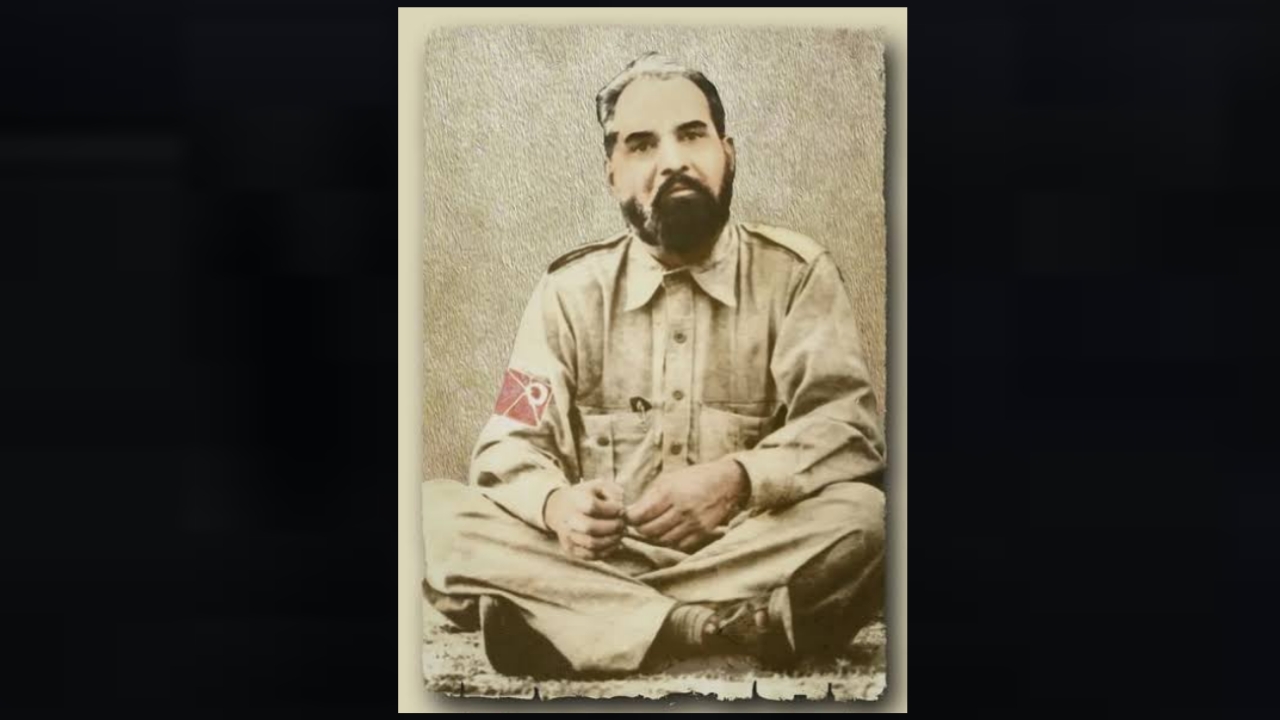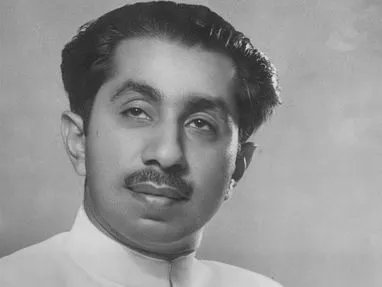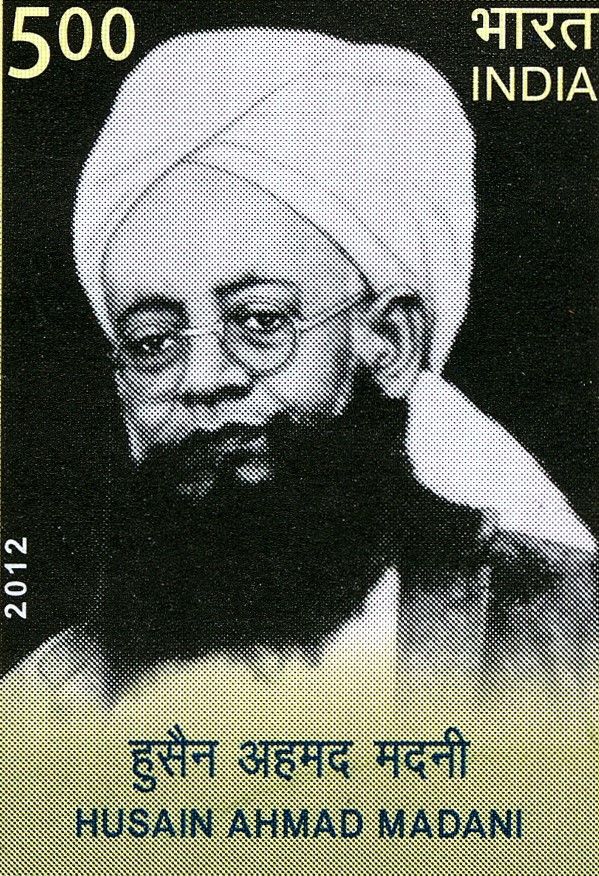.webp)
Saquib Salim
The Partition of India in 1947 and the creation of Pakistan (which later further bifurcated to make Bangladesh) have been largely projected by historians as a Muslim demand. The British Government applied the ‘Divide & Rule’ policy to control India and projected their divisive agents as representatives of different communities. From the late 1930s, they projected Mohammad Ali Jinnah’s Muslim League as the sole representative of the Indian Muslims. It is a tragedy that under the influence of Western media and scholars, Indian historians had also fallen into the trap. Even today, a lot of Indians believe that Muslim League represented the Indian Muslims as claimed by the British Government.
In 1940, when the demand for Pakistan was raised, more than two dozen Muslim political outfits were present in India and Muslim League did not represent a majority of Indian Muslims. Muslim League represented the views of a few rich and elite Muslims even then in the elections before 1947 when only the rich and educated could vote, they could not become the sole voice of Indian Muslims. Political outfits representing less affluent Muslims had a large support base but their supporters could not vote. Momin Conference, Majlis-i-Ahrar, and Jamiat-e-Ulema were few such organizations.
While discussing the Partition, scholars tend to forget that several Muslim leaders and organizations opposed to the creation of Pakistan had to live there because of their geographical location. Khan Abdul Ghaffar Khan who fought against the partition and later opposed Pakistan was awarded Bharat Ratna in 1987. The fact that he became a Pakistani citizen because of unnatural boundaries drawn by the British never meant that he stopped being a votary of ‘Unified India’ or ‘Akhand Bharat’.
This essay is an attempt to provide a brief introduction to a few Muslim nationalists who fought against the partition and creation of Pakistan. More descriptive essays on them have been published, by yours truly, and can be consulted for further studies.
Faqir of Ipi: Mirza Ali Khan, popularly known as Faqir of Ipi, was an Islamic religious leader from Waziristan (now in Pakistan) who raised an army of more than 10,000 soldiers to fight the British Army during the Second World War (WWII). He was closely associated with Netaji Subhas Chandra Bose and part of the plan to liberate India by armed forces. A fierce opponent of the divisive politics of the Muslim League, Faqir never accepted the partition of India and considered Pakistan as a mask of British imperialism. After 1947, he along with Khan Abdul Ghaffar opened a front against Pakistan. In the wake of invasion of Kashmir by Pakistan he offered Nehru to open a war front against Pakistan by helping his militia in Waziristan. Faqir of Ipi was one of the fiercest opponents of the British Empire and later of Pakistan.
Pir of Pagaro: Sayyid Sibghatullah Shah Al-Rashidi, popularly known as Pir of Pagaro, was a religious leader from Sindh with a huge following in Sindh, Punjab, Bengal, Rajasthan and U.P. He was another associate of Netaji Subhas Chandra Bose and raised a large army of ghazis to fight the British during WWII. In the original plan presented to the Axis Powers by Netaji, Pir of Pagaro and Faqir of Ipi were to be armed to liberate India. A plan on which the Axis Powers did not work and later regretted. A fierce opponent of Jinnah and his divisive politics, Pir preached for Hindu-Muslim unity. In the event of the Manzilgah riots, he ordered his militant ghazis to secure the properties and lives of Hindus in Muslim-dominated areas. He used to say, “only when Hindus and Muslims combined would 'peace . . . be achieved and satanic deeds . . . stopped': Indians had to be 'national minded' and regard India as a country which belonged to all its inhabitants.” He was hanged by the British on 20 March 1943.

K A Hamied with Mahatama Gandhi
Khwaja Abdul Hamied: Founder of one of the earliest modern pharmaceuticals, CIPLA, in India, an eminent scientist and a revolutionary, K. A. Hamied was a die-hard nationalist who denounced the communal politics of Jinnah till his last. In 1937, he fought the election against Muslim League from a constituency where Jinnah lived. A disturbed Jinnah met and told him, “Young man, why are you contesting the election? No one knows you in Bombay and who is going to vote for you. It is better that you withdraw.” To which Hamied replied that “if no one would vote for me, I would be defeated, why then was he anxious for me to withdraw”. Jinnah personally canvassed for his candidate while Dr. Zakir Husain, another ‘outsider’, campaigned for Hamied. Hamied defeated the Muslim League candidate comprehensively.
When Congress accepted the Partition of India, Hamied wrote to Mahatma Gandhi, “irrespective of the fact whether Mr. Jinnah or the Muslim League agrees to it or not, we could have forced the issue on the British Cabinet to accept that plan leaving it to ourselves to see whether the Muslim League agrees to it or not. If they do not, then the only alternative is a civil war. We should not be afraid of such a situation. History proves that this kind of civil war, at the time when power is given to the people of a country, is inevitable.” He personally met Sardar Vallabhbhai Patel to convince him that Congress should either take up arms to prevent the partition or at least should hold a plebiscite on this question. He had an unshakable belief that in a plebiscite on the question of Pakistan, Muslim League could never win.

Allama Mashriqi
Allama Mashriqi Inayatullah Khan, popularly known as Allama Mashriqi, was an armed revolutionary who raised a large army, Khaksars, to fight the British Empire during WWII. His militia had a presence in India, Afghanistan, and several other countries. He believed that India was one unified country where people professing diverse religions lived. He holds the distinction that not only did he publicly oppose Jinnah but ordered his militia to kill him. Khaksars tried to kill Jinnah several times during the 1940s, the last attempt being on 9 June 1947 in Delhi during the meeting where Jinnah was officially declaring the acceptance of the partition by the British Government.
Allah Bux Somroo: Allah Bux Somroo was one of the tallest leaders in Sindh who had been its Prime Minister also. After Muslim League passed the resolution of Pakistan in March 1940, he convened an Azad Muslim Conference in Delhi a month later. It was a massive gathering were delegates from every Muslim party except the Muslim League and Khaksar (Khaksar was also opposed to Jinnah and tried to assassinate him) participated and opposed the Muslim League's demand of Pakistan. Jamiat-i-Ulema, Majlis-i-Ahrar, the All India Momin Conference, the All India Shia Political Conference, Khudai Khidmatgars, the Bengal Praja Krishak Party, Anjuman-i-Watan Baluchistan, the All India Muslim Majlis, and Jamiat Ahl-i-Hadis, were few of the important organizations part of Azad Muslim Conference while several independents, Congressmen, and Communists also joined the chorus. As the President of the Conference, Somroo declared, “Whatever our faiths, we must live together in our country in an atmosphere of perfect amity and our relations should be the relations of several brothers of a joint family, the various members of which are free to profess the faith they like without any let or hindrance and all of whom enjoy equal benefits of their joint property.”

Allah Bux Somroo
The Conference took up the work to propagate nationalism and secularism among the Indian Muslims and frustrated the designs of Jinnah. As a result, Somroo received the highest honour for his motherland. He was killed by assassins on 14 May 1943 for opposing the partition.
Maulana Hussain Ahmed Madni: Maulana Hussain Ahmed Madni was an Islamic scholar from Darul Uloom, Deoband (Uttar Pradesh) who served four years of imprisonment in Malta during the First World War for plotting against the British Empire. On return to India, he dedicated his life to the freedom struggle and Hindu-Muslim unity. When Jinnah put forward the demand for Pakistan, Madni and his organization Jamiat-i-Ulema vigorously campaigned against Muslim League. He wrote a famous pamphlet refuting the two-nation theory and stressing that India was a unified country with people of diverse religions living here. He wrote, “the Muslims have joined hands with the Hindus since the day they adopted India as their country, and as for myself I have made a political and social alliance with the Hindus since I saw the light of the day as I was born and brought up in this very country.”

Maulana Hussain Ahmad Madani
Rezaul Karim: Rezaul Karim was a freedom fighter from Bengal who believed in Hindu-Muslim unity. He wrote several books and articles to propagate that the Muslims and Hindus of India were one nation. When Vande Mataram was branded as communal, Karim wrote in support of the national song as a nationalist poem and tried to convince the Muslims that there was nothing wrong with singing it. Muslim League adopted the creation of Pakistan as its goal in 1940. Karim wrote a book Pakisthan Examined to counter the arguments in support of Pakistan. He wrote, “strange to say that all those persons who have always supported British imperialism in India, have become now the advocates of the Pakistan movement. But those Muslims who always supported the freedom movement of the country are almost to a man stoutly against this movement.” Karim also said, “our position in India is just the same as it is with the Hindus of the land. We belong to India, and we are one nation with the people of the land.”
Numerous names can be included in the list but a single article cannot do justice to them. Abdul Qayyum Ansari of the All India Momin Conference was a mass leader from Bihar who led a movement against the partition but most of his followers were Pasmanda and did not have voting rights at that time. Kalim Ajiz was a famous Urdu poet whose family was killed in the partition riots but he stayed in India and devoted his whole life campaigning against communal politics. Maulana Abul Kalam Azad appealed to Muslims not to migrate to Pakistan and opposed its creation. Khan Abdul Ghaffar Khan could never accept that his home became part of Pakistan and remained committed to the Indian cause. Saifuddin Kitchlew, Asaf Ali, Rafi Ahmad Kidwai, and other politicians tried to oppose the partition and worked towards communal harmony. Colonel Shah Nawaz Khan of Azad Hind Fauj migrated from Pakistan to India as he was opposed to the idea of a nation based on religious identity.
Historians need to reevaluate the understanding that the Muslim League was representing the sentiments of Indian Muslims as a whole. Rather, it only represented those who never opposed the British Empire and wanted to remain a subject of the crown.
